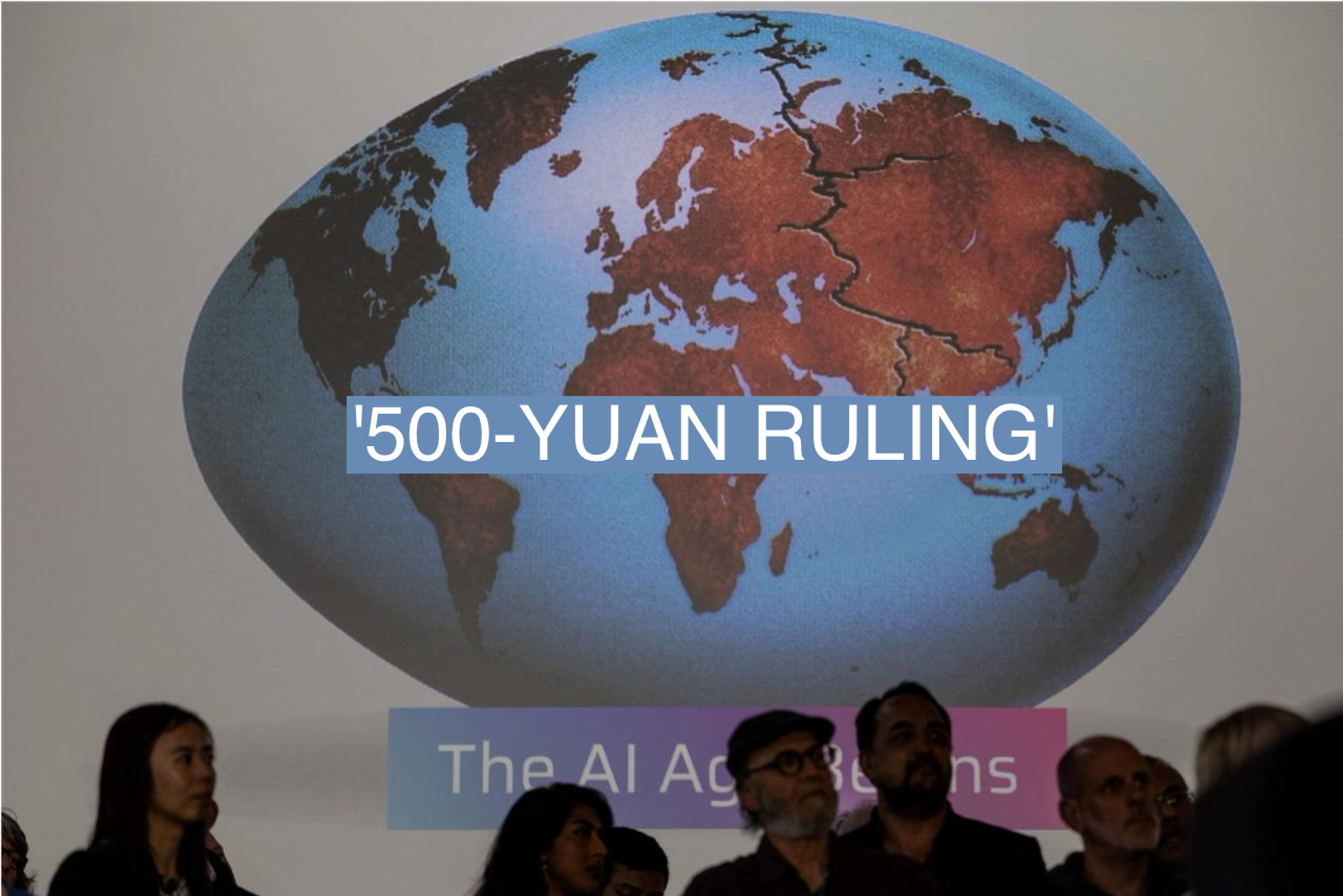The News
A Chinese court ruled that an image generated by artificial intelligence is covered by copyright law — a decision that breaks from the current U.S. approach to AI laws, and could benefit large Chinese tech companies in the long run, experts say.
The Beijing Internet Court said last week that the image — created with the U.S.-based text-to-image system Stable Diffusion — was protected by copyright, after the creator sued a blogger for using it without permission.
SIGNALS
The court’s decision suggests China is “adopting a pro-growth, business-friendly stance in its AI regulation,” Chinese law professor Angela Zhang said. She wrote in an op-ed earlier this year that China has shown that it is highly supportive of new AI tech, even as it adopts some of the most stringent regulation of the industry. She predicted that the courts would take a “lenient approach” to legal challenges and argued that Chinese companies might have a competitive advantage over their American and European counterparts. Chinese AI advancements, though, are generally seen as lagging globally.
The ruling — which can be appealed and may not apply to every AI case — differs from a decision by the U.S. Copyright Office earlier this year, which found that AI-generated images “are not the product of human authorship” and therefore can’t be copyrighted. In the Chinese case, though, the court found that the plaintiff — who was awarded just 500 yuan, or $70 — made original decisions and choices to write a prompt and choose other inputs. It could give creators an incentive to use Chinese-made systems, with one intellectual property lawyer saying, “There’s a trillion-dollar AI industry behind that 500-yuan ruling.”
Other big questions surrounding AI and copyright remain undecided in the U.S., and experts predict they will eventually end up at the Supreme Court. In one closely watched case, several authors, including comedian Sarah Silverman, accused AI companies of infringing on their copyright by training their models on their books. Last month, a federal judge dismissed most of the claims in that suit as “nonsensical,” but allowed some of the arguments to stand. It showed that American publishers will have to prove the “specific, concrete harms” that AI models have done to them, which is a pretty high bar, Nieman Lab’s Joshua Benton argued.

